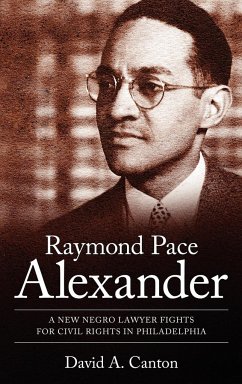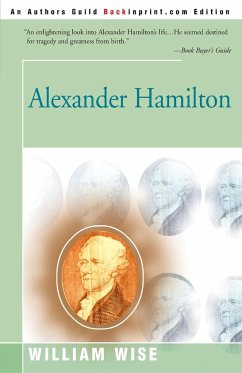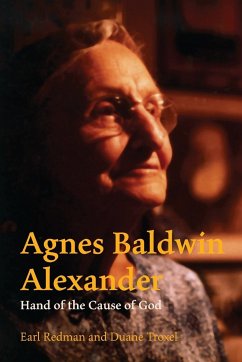The story of a nearly forgotten lawyer fighting for justice Raymond Pace Alexander (1897-1974) was a prominent black attorney in Philadelphia and a distinguished member of the National Bar Association, the oldest and largest association of African American lawyers and judges. A contemporary of such nationally known black attorneys as Charles Hamilton Houston, William Hastie, and Thurgood Marshall, Alexander litigated civil rights cases and became well known in Philadelphia. Yet his legacy to the civil rights struggle has received little national recognition. As a New Negro lawyer during the 1930s, Alexander worked with left-wing organizations to desegregate an all-white elementary school in Berwin, Pennsylvania. After World War II, he became an anti-communist liberal and formed coalitions with like-minded whites. In the sixties, Alexander criticized Black Power rhetoric, but shared some philosophies with Black Power such as black political empowerment and studying black history. By the late sixties, he focused on economic justice by advocating a Marshall Plan for poor Americans and supporting affirmative action. Alexander was a major contributor to the northern civil rights struggle and was committed to improving the status of black lawyers. He was representative of a generation who created opportunities for African Americans but was later often ignored or castigated by younger leaders who did not support the tactics of the old guard's pioneers. David A. Canton, Hamden, Connecticut, is associate professor of history at Connecticut College. His work has appeared in Western Journal of Black Studies, Journal of Urban History, Reviews in American History, and Pennsylvania History.
Bitte wählen Sie Ihr Anliegen aus.
Rechnungen
Retourenschein anfordern
Bestellstatus
Storno









